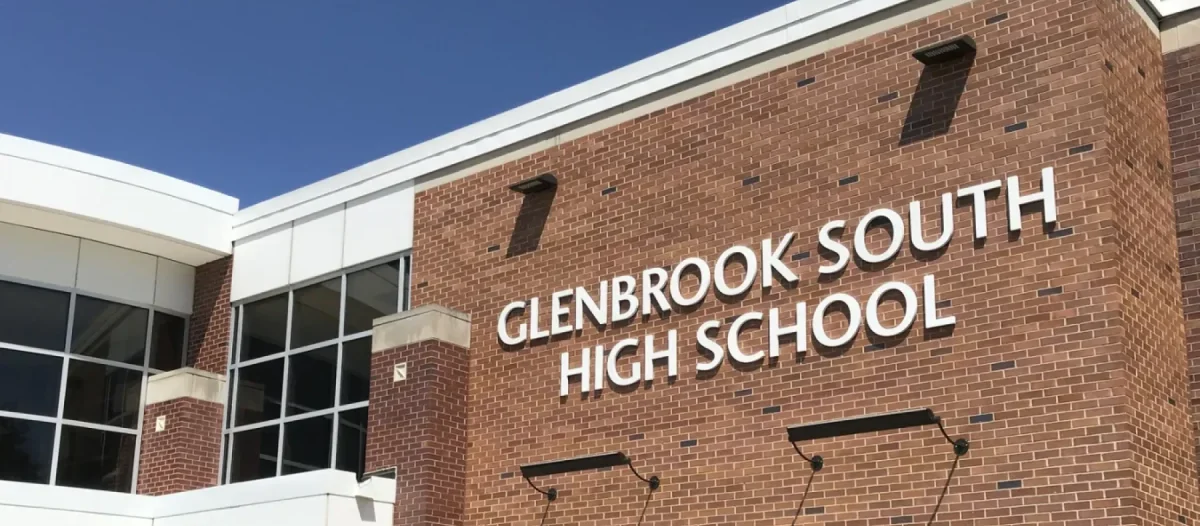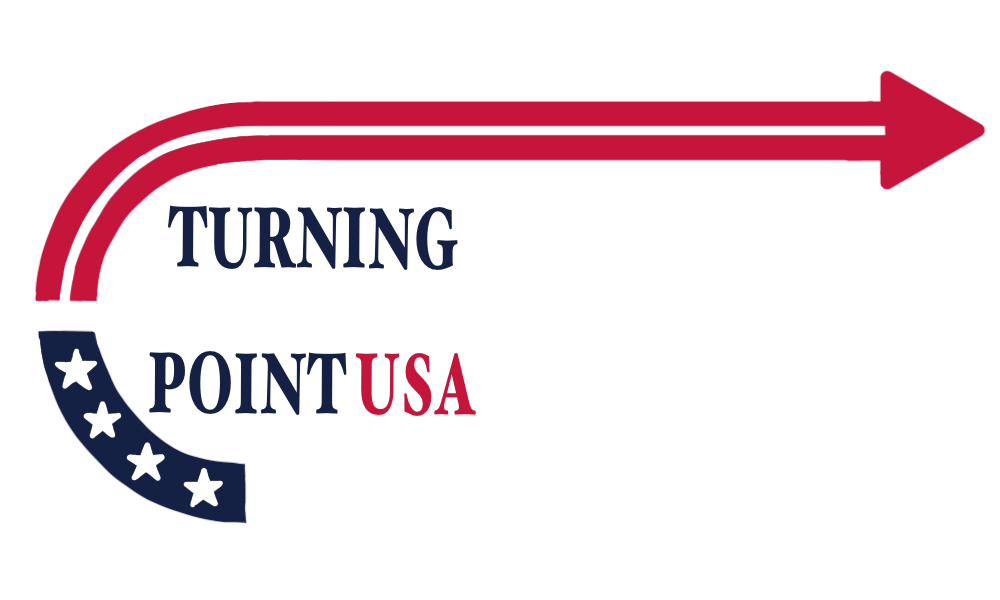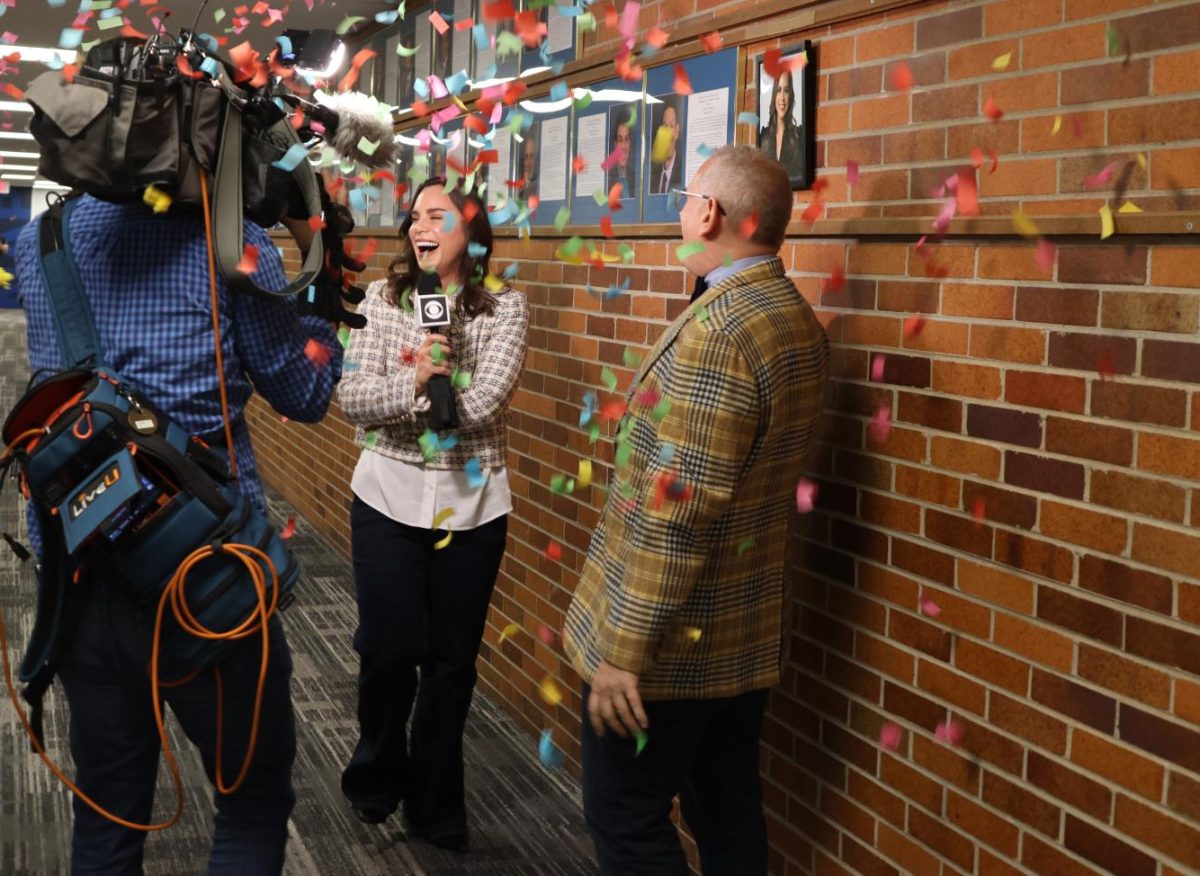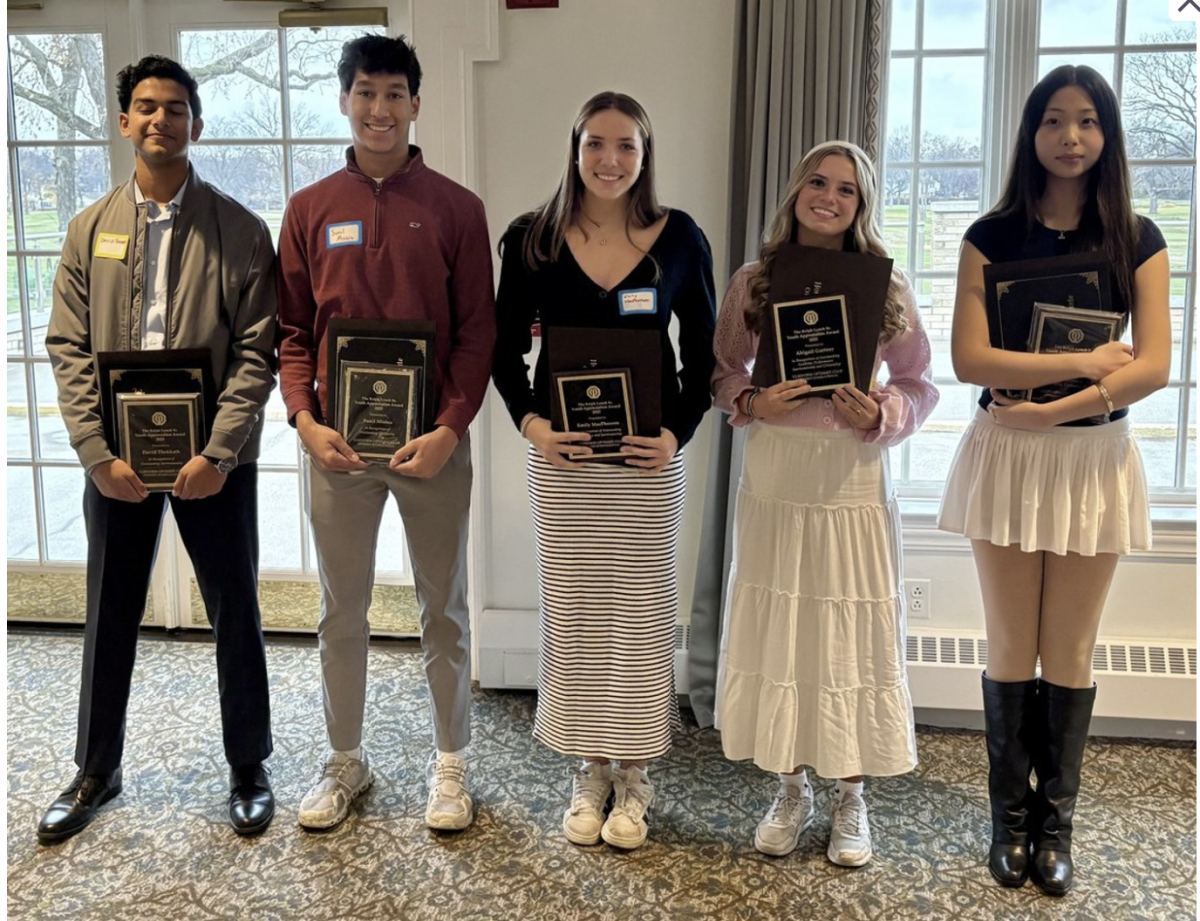South poets, performers and artists put their talents on display for “Jamnesty,” an event combining entertainment and activism April 11.
South clubs Stand for Peace (Stand) and Amnesty International (Amnesty) hosted the event and split the night’s proceeds for their causes.
Stand sponsor Matt Whipple said that the idea for the two clubs to combine efforts was natural.
“We’ve always fed off of each other’s desire to make the world a better place,” Whipple said.
Amnesty sponsor Gerald Forgarty said that the event is successfully run entirely by both clubs’ students.
“[Sponsors] do very little,” Fogarty said. “We’re just the support. Students tell us what they need, we make it happen on an administrative level, and they run it. They do a great job.”
Stand, a club devoted to improving the lives of people in developing nations, will use their donations to sponsor a Kenyan child’s education through the organization Matanya’s Hope. For Stand, the night of Jamnesty was the culmination of their annual Stand for Peace Week, during which the club worked to raise awareness and funds for regions of poverty and conflict in the world.
Amnesty is a club dedicated to exploring world issues by understanding the rights, dignity and well-being of the world’s citizens. Lauren Ribordy, Amnesty International board member, said the club plans to use the funds raised from Jamnesty to improve their materials to attract attention to their cause, such as posters.
“We were trying to raise money to be able to fund things to raise awareness, such as creating and buying posters, just because some of our posters are kind of old and falling apart,” Ribordy said. “If we want to be tabling, which is trying to get people to sign petitions, it’s important that they can see what you’re trying to do.”
Other resources the club would like to utilize are distributable booklets, according to Ribordy.
“[We want to] try and come out with booklets that we can give out to people and pass out [to] show the major campaigns that Amnesty is working on,” Ribordy said. “Some of our major campaigns right now that we’re focusing on are the issue in Syria, anti-gay rights movements worldwide—just anything that human rights violations [are] focusing on. So we try and highlight that and just have specific stories.”
For both clubs, Jamnesty was both a means to collect donations and to educate students through speeches between acts. Ribordy said Amnesty’s goal was to introduce people to issues around the world that require attention but might not attract it ordinarily.
“They might not know about [an issue], just because it’s not what’s happening around them in their daily lives,” Ribordy said.
Besides Stand and Amnesty, other South clubs were invited to speak for their own causes at Jamnesty.
“We’re not the only two groups that raise awareness here,” Whipple said. “At Jamnesty we open up some space for other groups to join us in this mission of raising awareness. The Gay Straight Alliance will be represented, and Desi Club that talks about South Asian projects and India and that region of the world, they’ll be represented, and from time to time there have been other groups too.”
Fogarty said Jamnesty focuses more on the larger cause of calling attention to human rights concerns than with either club’s individual goals.
“It’s not really about the different agendas that each organization has, it’s really just about human rights in general,” Fogarty said. “It’s a student-centered approach to raising awareness of human rights issues. And we have just found that students get very excited about playing music. At the beginning of the year, the question maybe in the first meeting will be, ‘So when are we going to start planning for Jamnesty?’”
Band performer Jack Poulton said that this year’s Jamnesty was his most successful at South.
“I think of all the Jamnestys over the four years, that was the best one,” Poulton said. “I think that was the best turnout. I had never seen that many people there for that long a time and they were all really excited.”







